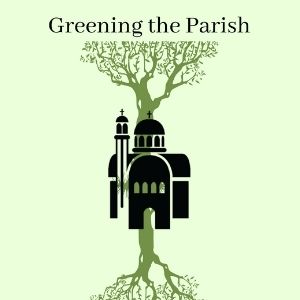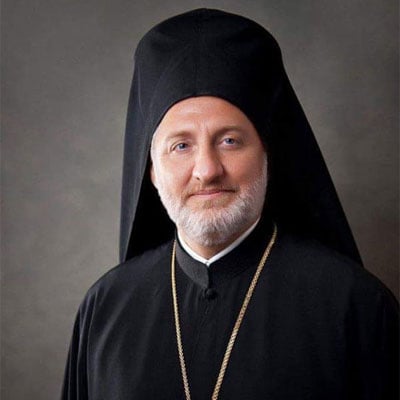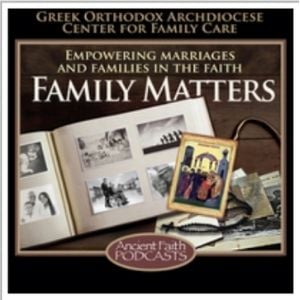Sunday of the Blind Man
The Lord Jesus was coming from the Temple on the Sabbath, when, while walking in the way, He saw the blind man mentioned in today's Gospel. This man had been born thus from his mother's womb, that is, he had been born without eyes (see Saint John Chrysostom, Homily LVI on Matthew; Saint Irenaeus, Against Heresies, Book V:15; and the second Exorcism of Saint Basil the Great). When the disciples saw this, they asked their Teacher, "Who did sin, this man, or his parents, that he was born blind?" They asked this because when the Lord had healed the paralytic at the Sheep's Pool, He had told him, "Sin no more, lest a worse thing come unto thee" (John 5:14); so they wondered, if sickness was caused by sin, what sin could have been the cause of his being born without eyes. But the Lord answered that this was for the glory of God. Then the God-man spat on the ground and made clay with the spittle. He anointed the eyes of the blind man and said to him, "Go, wash in the Pool of Siloam." Siloam (which means "sent") was a well-known spring in Jerusalem used by the inhabitants for its waters, which flowed to the eastern side of the city and collected in a large pool called "the Pool of Siloam."
Therefore, the Saviour sent the blind man to this pool that he might wash his eyes, which had been anointed with the clay-not that the pool's water had such power, but that the faith and obedience of the one sent might be made manifest, and that the miracle might become more remarkable and known to all, and leave no room for doubt. Thus, the blind man believed in Jesus' words, obeyed His command, went and washed himself, and returned, no longer blind, but having eyes and seeing. This was the greatest miracle that our Lord had yet worked; as the man healed of his blindness himself testified, "Since time began, never was it heard that any man opened the eyes of one that was born blind," although the Lord had already healed the blind eyes of many. Because he now had eyes, some even doubted that he was the same person (John 9:8-9); and it was still lively in their remembrance when Christ came to the tomb of Lazarus, for they said, "Could not this man, who opened the eyes of the blind man, have caused that even this man should not have died?" Saint John Chrysostom gives a thorough and brilliant exposition of our Lord's meeting with the woman of Samaria, the healing of the paralytic, and the miracle of the blind man in his commentaries on the Gospel of Saint John.


 The “How-to” Green Your Parish series is an initiative of the Department of Inter-Orthodox, Ecumenical and Interfaith Relations. New episodes will be released weekly featuring ideas and ways to introduce creation care and sustainability in your parish and home. Ranging from practical to theological, each three-minute video offers a unique perspective on environmental stewardship through the knowledge and expertise of Orthodox Christians across the United States.
The “How-to” Green Your Parish series is an initiative of the Department of Inter-Orthodox, Ecumenical and Interfaith Relations. New episodes will be released weekly featuring ideas and ways to introduce creation care and sustainability in your parish and home. Ranging from practical to theological, each three-minute video offers a unique perspective on environmental stewardship through the knowledge and expertise of Orthodox Christians across the United States.
 Finally, the day has arrived for the Church to dedicate a Sunday and celebrate all our Presvyteres throughout the Holy Archdiocese of America. This National Sisterhood of Presvyteres Sunday — on the closest Sunday to June 4th, the Feastday of the Holy Sisters Mary and Martha — is being set aside, not because our Presvyteres deserve only one Sunday, but because we must have a national day of recognition for every Sunday, and indeed every day, that they so diligently and willingly serve the Body of Christ.
Finally, the day has arrived for the Church to dedicate a Sunday and celebrate all our Presvyteres throughout the Holy Archdiocese of America. This National Sisterhood of Presvyteres Sunday — on the closest Sunday to June 4th, the Feastday of the Holy Sisters Mary and Martha — is being set aside, not because our Presvyteres deserve only one Sunday, but because we must have a national day of recognition for every Sunday, and indeed every day, that they so diligently and willingly serve the Body of Christ.
 Presvytera Melanie continues her conversation with William Christy, this time including his father and mother, Father Paul and Presvytera Mary, and his twin sister, Gabriella. Each family member shares their personal perspective related to William's diagnosis of Cerebral Palsy - the joys, challenges, and the way their love for God and His love for them was made manifest through their experiences.
Presvytera Melanie continues her conversation with William Christy, this time including his father and mother, Father Paul and Presvytera Mary, and his twin sister, Gabriella. Each family member shares their personal perspective related to William's diagnosis of Cerebral Palsy - the joys, challenges, and the way their love for God and His love for them was made manifest through their experiences.


